Photo credit: Kim Newmoney
Aparna Nancherla is a stand-up comedian, actress and writer. She’s a headliner and frequent late night show guest whose dry, existential humor is an exciting and modern take on top of mind topics. Aparna is the voice of Moon on Fox’s The Great North, and voiced Hollyhock on Bojack Horseman.
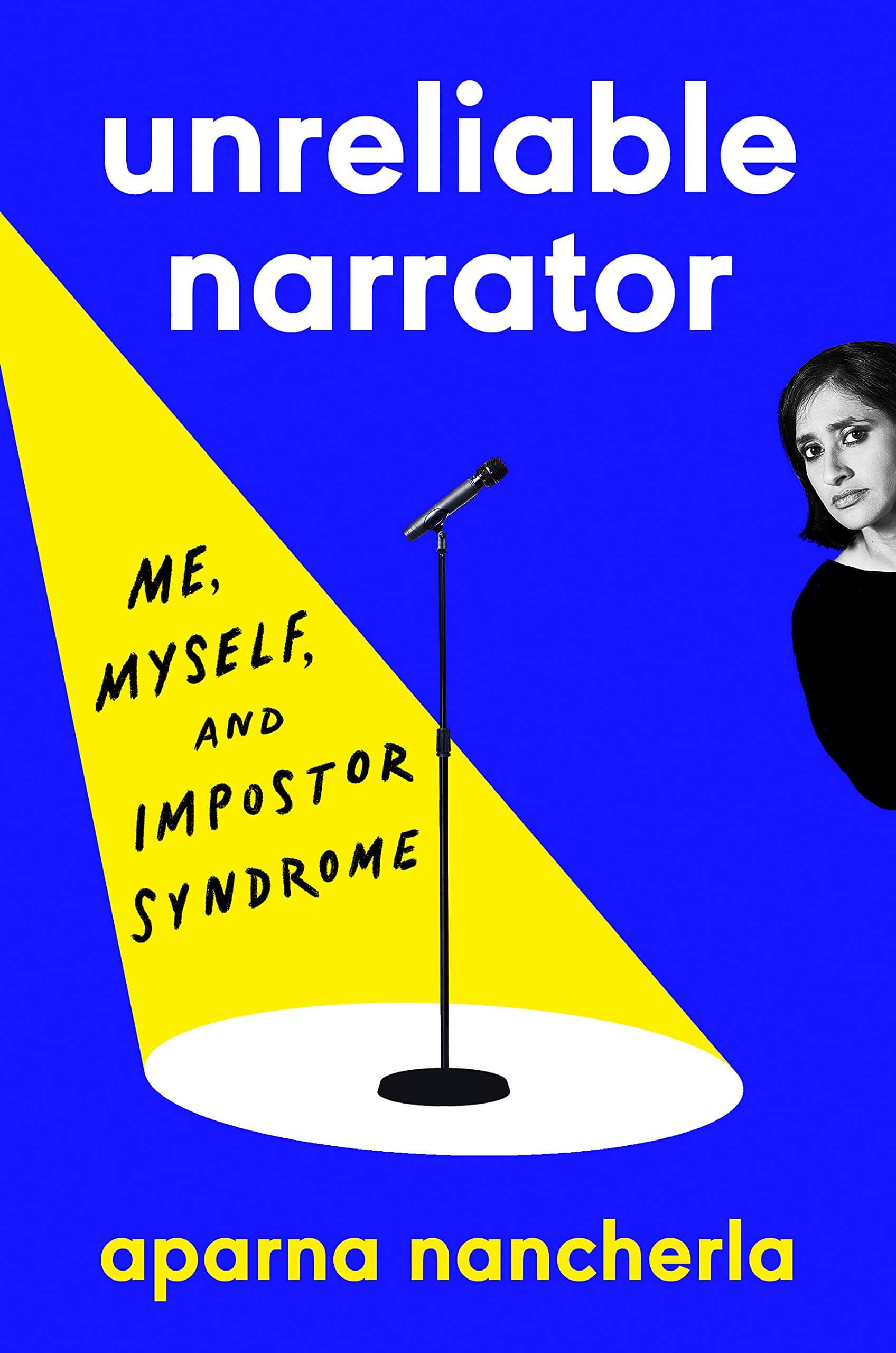
Her book Unreliable Narrator: Me, Myself, and Impostor Syndrome is a collection of essays that takes a look at her career, mental health, art and productivity culture.
Buy the book now: Bookshop.org | Amazon | Barnes & Noble
How has writing a book differed from comedy? What do you think of the process and how was it for you?
Writing standup is far more piecemeal for me. I tend to write in blops and blurps that occur to me at any old time of day, and only recently have created a more structured process with it. There is a more ambiguous flow with writing (comedic performance) material where you have the initial idea, but it becomes its own thing once you take it to the stage both in figuring out ways to tweak it, but also in organically finding new directions or tags.
Meanwhile the book was a longform meditated process of sitting down and really fleshing out essays that started very much as rambling treatises from my inner demons. I had an idea in my head of what writing a book would be like and everyone told me it would be difficult, but of course, it was far more difficult than my mind could even fathom. I don’t know if I compounded the level of difficulty by choosing to focus on my own self-doubt. My initial light bulb was that in writing about it, I’d face it head on—but it turns out self-doubt is far too clever for that sort of straightforward approach, and many a writing session, I found myself not only questioning the book itself but existence as a whole. But then again, that’s my default setting, so what are you gonna do?
What made you want to write a book?
I wanted to explore topics that I have wrestled with for much of my adult life—whether that be body image or productivity or mental health or other people’s opinions and expectations—and do it in a way that left room for nuance and a lack of resolution. Depending on what time of the week, month, day, I wildly vacillate on all of these topics, so I wanted to try to capture the full messiness of being an actual human who can’t always compartmentalize something neatly into a setup and a punchline. I remember one person told me something along the lines of “The book is far more serious than I thought it would be!” Which felt both like a validation and a putdown at the same time—exactly how I like it.
In W you said you are a “one more chapter” reader late at night. We can relate. What’s the last book that kept you up?
I’m in the middle of I Have Some Questions for You by Rebecca Makkai and I am having trouble putting it down. It’s also nice and long though, which I am thrilled about. My friend gave a hardback copy to me with no context and no book cover and just said “I finished this and it’s juicy—do you want to read it?” And that’s the only guidance I needed! I was so glad she freed me of the book cover (though I love reading a good flap) because I always rip the darn thing.
What are some of your favorite books?
There are too many to name and I’m not only saying that to be diplomatic. I also just have a sort of short-term amnesia where I read a lot but then I can’t remember anything as soon as I’ve read it, many apologies to all the authors involved and perhaps a symptom of the times we live in. A few that I can recall are childhood classics like The House on Mango Street by Sandra Cisneros and The Phantom Tollbooth by Norman Juster and the Wayside School series by Louis Sachar. More recent ones are How to Do Nothing by Jenny Odell and The Library Book by Susan Orlean. But again, the list is ever-expanding.
Anxiety and depression are at the forefront of your comedy. How do you tackle these aspects in your book?
I tried to write about both my anxiety and my depression in ways that suggest the distinction between talking about them comedically and how I experience them in my actual life, which isn’t always quite as polished or funny. I don’t know how precise I got in trying to translate my experience to the page—it’s never easy to fully capture the full depth of lost-ness you can feel in mental health struggles, but I tried! I also wanted to address how flattened these topics can become once they are commodified by the marketplace.
Your book is called Unreliable Narrator: Me, Myself, and Imposter Syndrome (great title). Many of us, women in particular, have to navigate this feeling of inadequacy. How do you find success while dealing with imposter syndrome?
Well, I’ve learned in writing the book that it’s something everyone can struggle with, regardless of identity, and of course, many women and creatives I know do struggle with it. I’ve heard other women say they use the imposter syndrome to keep them pushing forward and striving and sharpening themselves. But at this point in my life, I have accepted mine will never fully go away, and it’s a part of me that can get very loud, but I try to remember I have my own things to bring to the table, whether or not I ultimately know what I’m doing. Does anyone really? Those that think they do sometimes are the ones we should trust the least!
Who are some of your heroes who have shown up and taken up space despite undoubtedly dealing with imposter syndrome themselves?
I don’t want to accuse anyone of having imposter syndrome, but heroes I’ve looked up to who have struggled with their own measures of self-doubt are Maria Bamford, Jo Firestone, and Jean Grae, all of whom I’m also very lucky to call peers. They are all also people who are so good at consistently putting singular creative work out into the world and I am inspired by it!
As a comedian and author, what are some of the funniest books you’ve read?
Again, my memory fails me, but now I am going to recommend some of the other wonderful comedic books out right now that I couldn’t get enough of. I was overjoyed the aforementioned Maria Bamford wrote a book as her mind is a boundless wonderland we are all so fortunate to have in this world. I demand everyone read it, or even better, listen to Maria reading it: Sure, I’ll Join Your Cult. I’m also currently reading Ziwe’s razor-sharp, hilarious book of essays, Black Friend. And I just started Gary Gulman’s memoir, Misfit, and like him, it’s an earnest comedic force and pure catnip for word nerds like me.
Can you share anything else you’re working on right now? (a special, a tour, a show)?
I’ve been doing my new hour of standup for my “book tour,” which I’m not sure if that was my best idea, as the two aren’t directly linked, but listen, if you’re not doing too much, are you doing enough? That seems to be the modern world’s horrible advice. Maybe that will turn into something? I’m very bad at answering what I’m “working on right now” as the answer is generally myself, though I’d love to get to a place where I can say something like “Actually, I’m building a school for birds.”
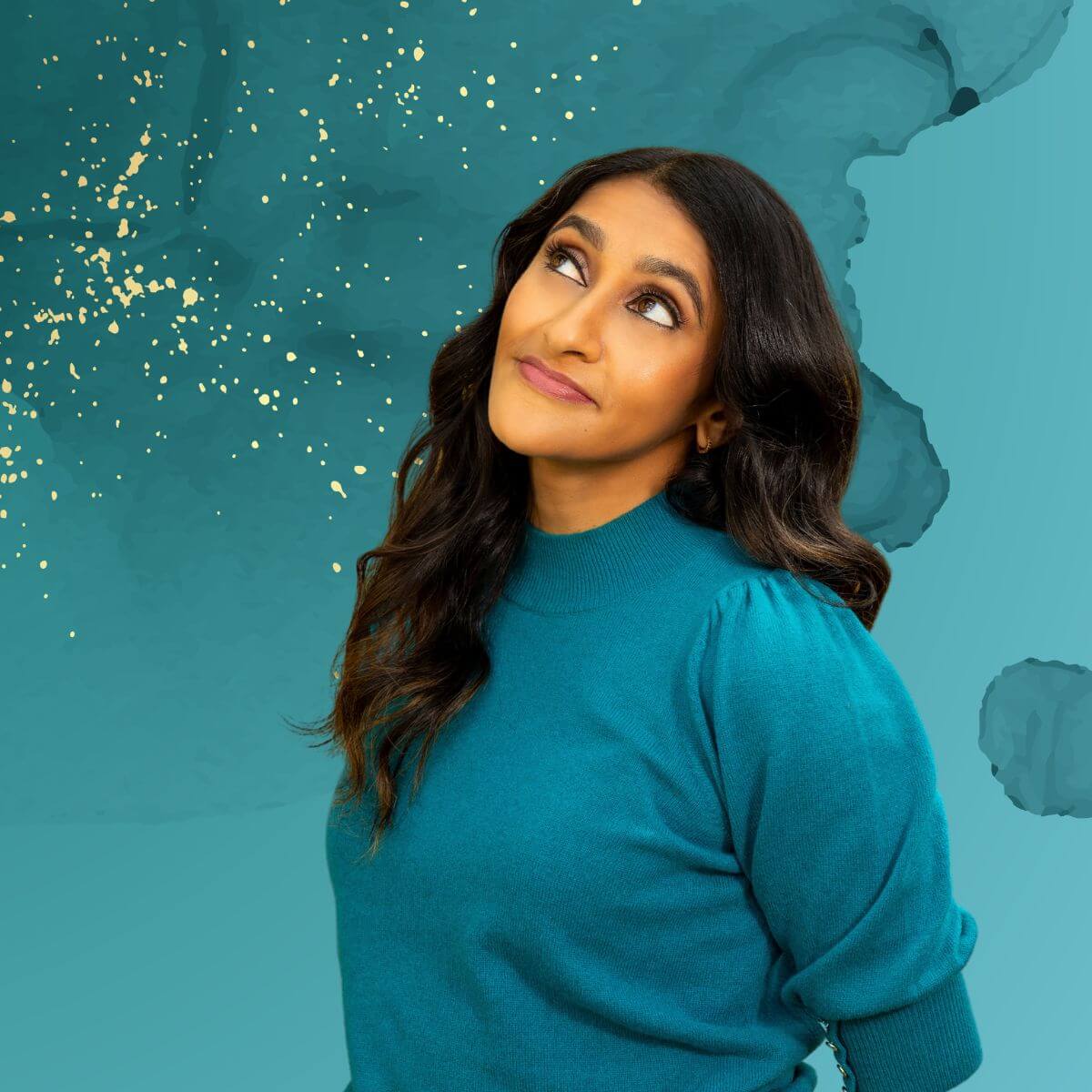


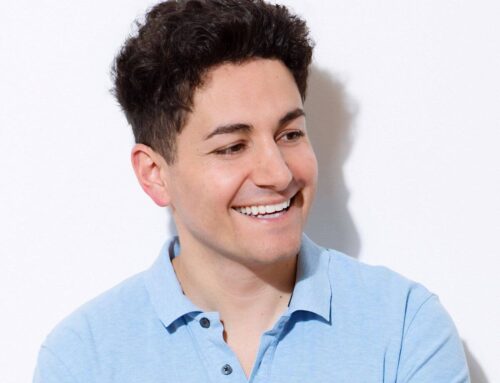
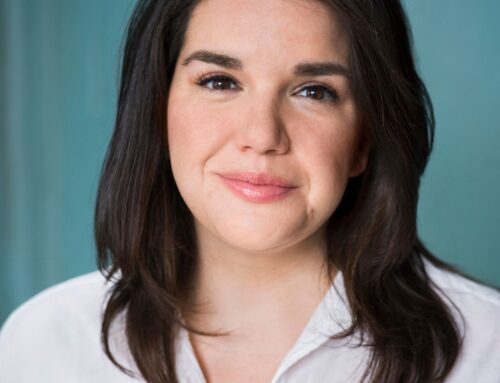
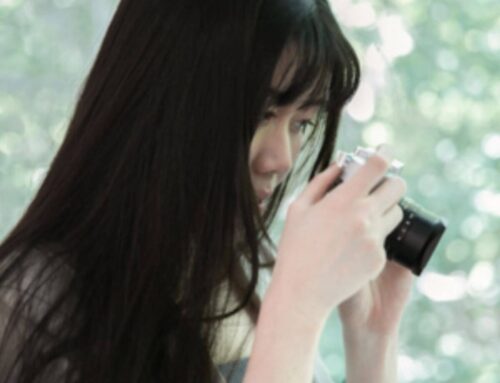
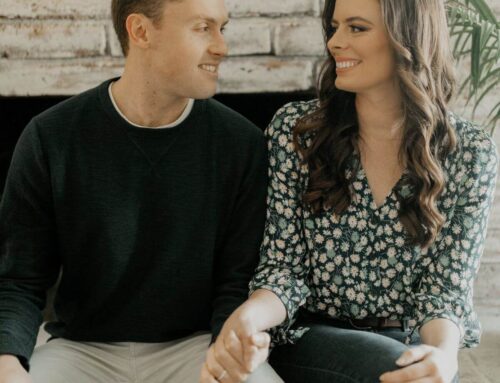
Leave A Comment